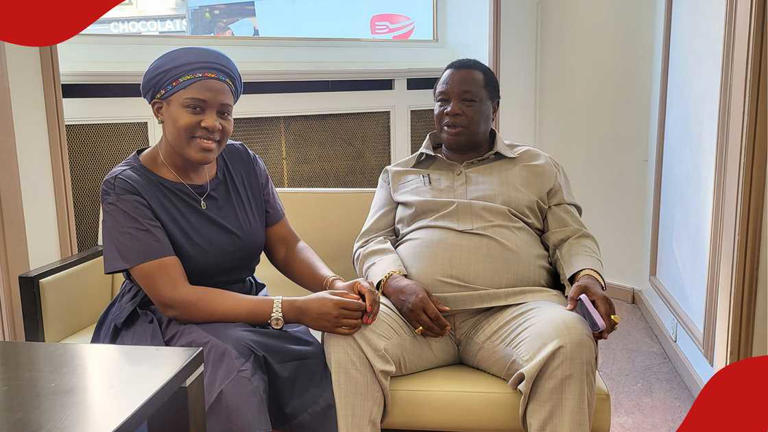
On Tuesday, a Dutch town lost a court case asking Twitter to stop the spread of a errenous conspiracy theory claiming it was home to a ring of Satan-worshipping paedophiles.
Bodegraven-Reeuwijk in the western Netherlands sued the social media giant in September over the unfounded rumours spread by three men since 2021.
Dozens of people had flocked to the municipality of some 34,000 people to lay flowers and messages on a graveyard of so-called victims after conspiracy theorists latched onto the claims.
“Twitter has currently done enough to remove unlawful content about the ‘story of Bodegraven’ from its platform,” a judge at The Hague district court said in a ruling published Tuesday.
Twitter had permanently suspended an account containing “defamatory and inflammatory tweets” about the town and removed all retweets from the account, the court said.
But it added that the US firm was “not obliged to remove any other tweets from others of its own accord. That is going too far in this case.”
One of the three men behind the spreading of the rumours said he had been abused in the 1980s and had since recovered memories of witnessing satanic rituals and the murder of young children.
But the accuser and one of the others were convicted of sedition, threats and defamation by a Dutch court in June, which ruled that there was no proof of any satanic paedophile network.
The third man was arrested in Northern Ireland in August 2021 and handed over to the Netherlands a year later for trial on the same charges.
Authorities in Bodegraven imposed an emergency order last year after the tide of conspiracy theorists led to “great unrest and anger” among residents, especially the parents of children buried at the cemetery.
They then took Twitter to court asking it to remove not just tweets from the three men, but from anyone linking the town to “satanic-paedophilic crimes” or calling on people to visit to “commemorate victims.”
But the court ruled that a blanket ban would affect too much legal content on Twitter.
“Not everything is illegal and a good filter cannot be made in this case, according to Twitter,” the judge said.








